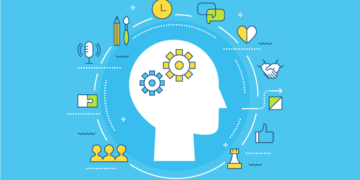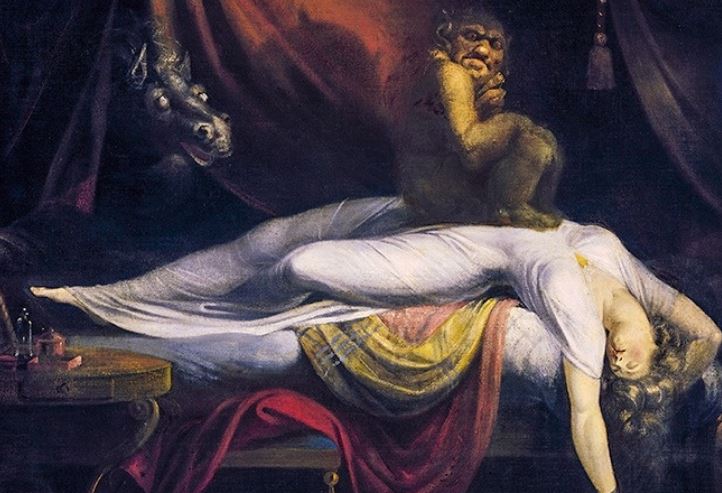3. Your heart rate and breathing slow.
That “can’t…move…another…muscle” feeling comes from the fact that all sorts of normal physiological processes slow way down at bedtime, like how many breaths you take per minute and how quickly your heart beats. Even your muscles and organs chill out. “The intestines quiet down in the nighttime, and the liver goes from trying to detoxify during wakefulness to trying to build and synthesize when you’re sleeping,” Veasey says. There’s also less adrenaline pumping through your veins, since you won’t be needing your fight-or-flight response between the sheets (at least, we hope).
4. Your blood pressure plummets.
Total-body relaxation results in something called a “nocturnal dipping” of your blood pressure, Veasey says. If you’re otherwise fit, your blood pressure can drop by about 5 to 7 points with a good night’s sleep.
5. And so does your body temperature.
Sleep experts are constantly quoted in articles like these saying to keep your room cool for a good night’s sleep. But they’re not just saying it because it sucks to try to fall asleep with your hair plastered to your neck with sweat. A cool room actually mimics something your body’s doing naturally: While we sleep, core temperature drops a bit, so cooling off before bed can help you nod off.
During REM sleep, you might chill by a whole degree or 2. “If you were cold and you were awake, you would shiver, but during REM sleep the body loses its capacity for thermoregulation,” Veasey says, “and we have no earthly idea why that happens.






































Discussion about this post